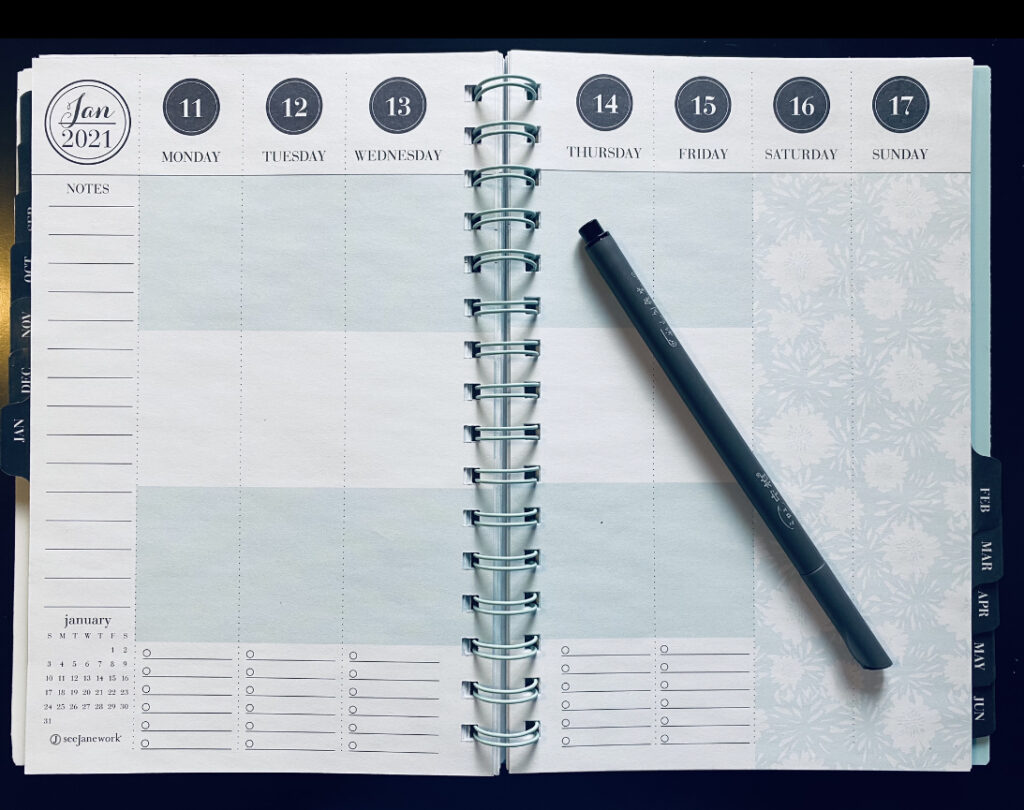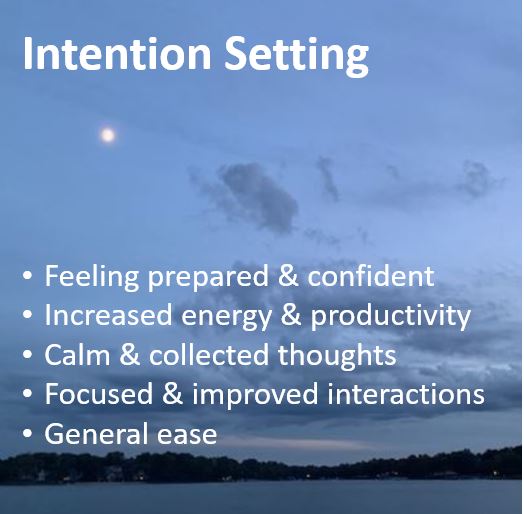Mirror, Mirror…
Squirrel A lesson in self-realization and the need to embrace perceived flaws. There is only one person in my life whom, I can heartily say, can be as easily distracted as me. The realization of my distracted tendency came only after I met this person. They {read more}





